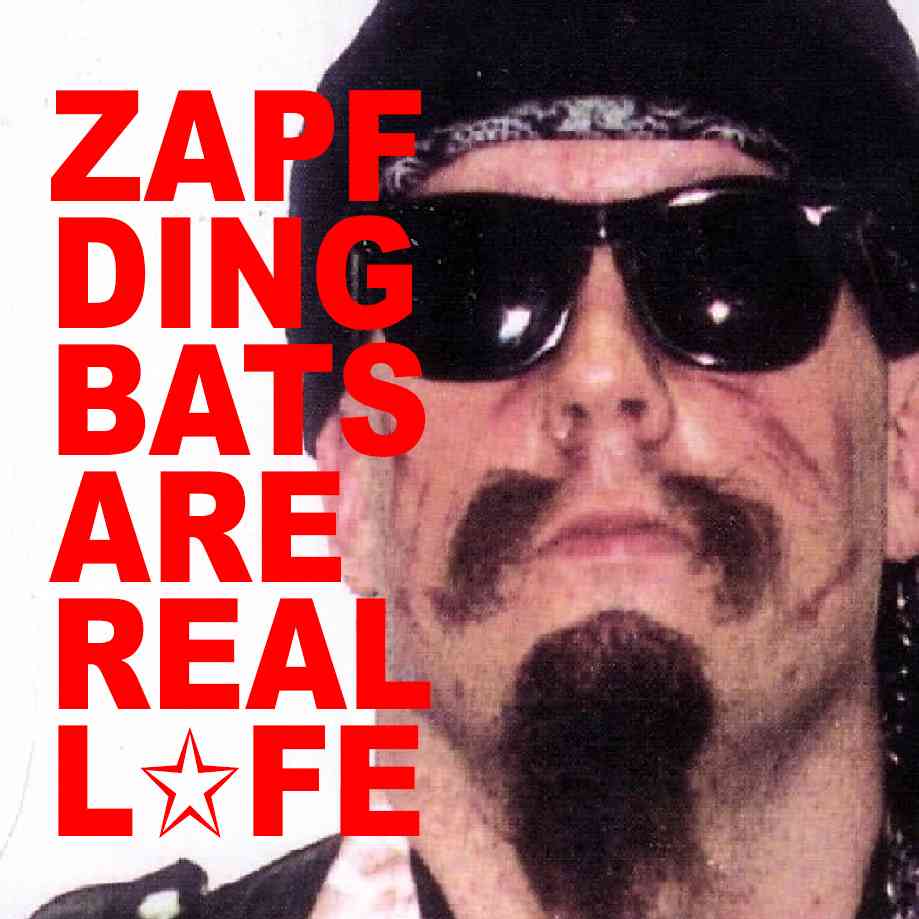An anthropological framing of a pandemic that accounts for interactions between biological and social conditions: i.e., the COVID-19 syndemic was not caused by the pathogen alone, but by SARS-CoV-2 as force multiplier for pre-existing conditions of healthcare, education, employment, housing, food, environment, and governance that organize and protect a society. In wealthier and/or better managed regions (e.g., New Zealand) the virus hit but the pandemic had comparatively lower impact and syndemic was averted.
Daniel Keller: I remember in the early days, people talking about COVID as the great equalizer, which is just fucking hilarious. It could not be even close. It did maybe seem like that at first.
Carly Busta: I like the idea that it's a syndemic not a pandemic. That was a great model.
DK: Good pro-complexity model for sure.
CB: Absolutely, that it's not a very simple “You have a virus. It spreads. Everybody is equally vulnerable to it.” In a syndemic, there's a lot of social preconditions that will make you much more susceptible to falling particularly ill to the virus or not. When we think about Trump's mishandling of the virus we focus on: did Trump stop air travel to and from the states at a certain point? Did he make PPEs available? Did he distribute masks, etc.? When we think about what actually is underlying Trump's mishandling of the virus, it's like all of the people that were made more precarious under his administration. So Trump mishandling the virus is so many people under Trump not having access to health care, and being more precarious, I don't know, not fixing the lead in the water there. There are many other factors.
